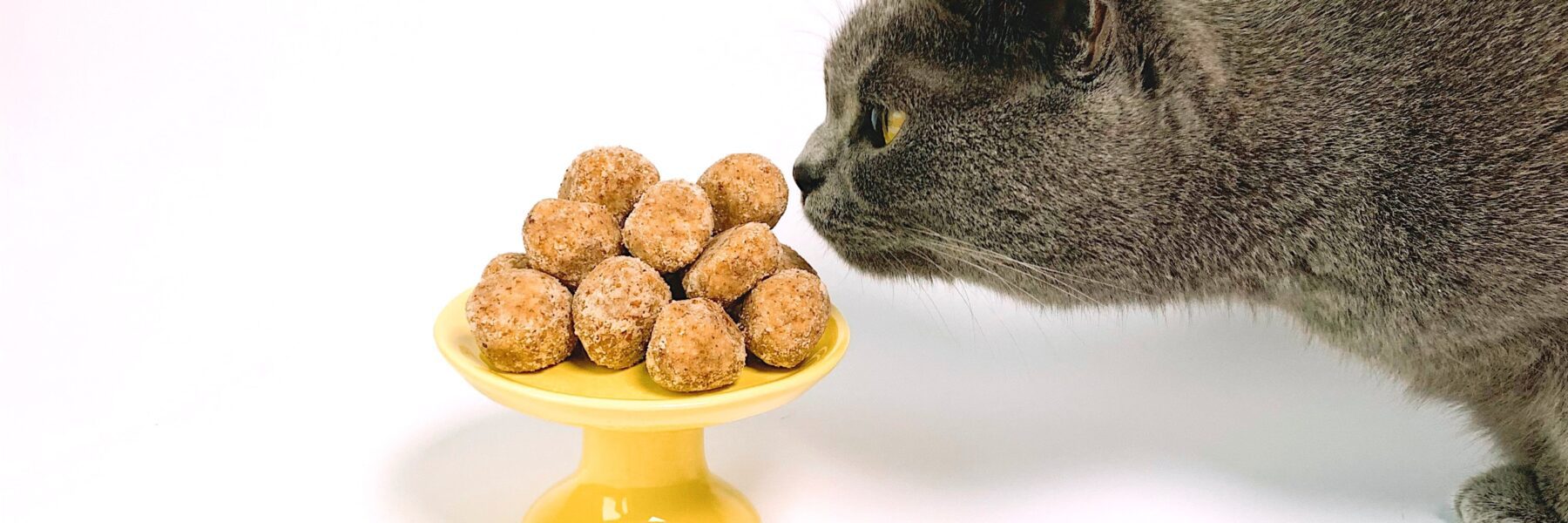If you’ve ever wondered whether it’s safe to share your beloved feline friend’s favorite canned meat, look no further – this article is here to give you the lowdown on cats and Spam. Whether it’s the tempting aroma or the mysterious shape that catches their attention, many cats are inexplicably drawn to Spam. But is it a suitable treat for them? While cats are obligate carnivores, meaning they require a diet primarily composed of animal protein, the answer isn’t as straightforward as it seems. Join us as we uncover the truth about whether our feline companions can indulge in this iconic canned meat.
Can Cats Eat Spam
What is Spam
Spam is a popular canned meat product that has been around for decades. It is made from chopped pork shoulder meat, ham, salt, water, modified potato starch, sugar, and sodium nitrite. With its distinct taste and texture, Spam has become a household name and is often used as a quick and easy ingredient in various dishes.
Ingredients in Spam
As mentioned earlier, the main ingredients in spam include pork shoulder meat, ham, salt, water, modified potato starch, sugar, and sodium nitrite. While these ingredients are generally considered safe for human consumption, it is important to understand whether they are equally safe for our feline friends.

This image is property of images.unsplash.com.
Is Spam Safe for Cats
While Spam may not be inherently dangerous for cats, it is not recommended as a regular part of their diet. Cats have unique dietary requirements that are best fulfilled by a balanced, species-appropriate cat food. Spam, on the other hand, does not provide all the necessary nutrients that cats need for optimal health.
Potential Risks of Feeding Cats Spam
Feeding cats Spam as a regular part of their diet may pose certain risks. One of the potential risks is the high sodium content in Spam. Cats have a low tolerance for excessive sodium intake, which can lead to an array of health issues, including kidney problems, high blood pressure, and heart disease. Additionally, the ingredients in Spam, such as sodium nitrite, may not be well-tolerated by feline digestive systems.

This image is property of images.unsplash.com.
Effects of Spam on Cats’ Health
Feeding cats Spam on a regular basis can have various negative effects on their health. The high sodium content in Spam can increase their thirst and urine output, potentially leading to dehydration if adequate water is not provided. Moreover, the high salt content can put stress on their kidneys, especially if they already have pre-existing kidney issues. Cats with cardiovascular problems should also avoid high-salt foods like Spam, as it can exacerbate their condition.
Is Spam a Nutritious Option for Cats
Unfortunately, Spam is not a nutritious option for cats. While it does provide some protein from the pork and ham, it lacks the essential nutrients that cats need, such as taurine and certain vitamins. Cats require a diet that is rich in animal protein, and they are obligate carnivores, meaning they have specific nutritional needs that can only be fulfilled by meat-based diets. Feeding them Spam as a primary source of nutrition would likely result in nutrient deficiencies and health problems over time.

This image is property of images.unsplash.com.
Alternatives to Spam for Cats
If you’re looking for a treat or occasional snack for your cat, there are plenty of healthier alternatives to Spam. Opt for lean, cooked meats like chicken or turkey, without any seasonings or added salt. These meats can be given in small, bite-sized pieces as a special treat. Additionally, there are specifically formulated cat treats available in the market that are designed to meet the nutritional needs of cats while providing a tasty snack. Always check the ingredients and nutritional information before offering any new food to your cat.
Introducing New Foods to Cats
When introducing any new food into your cat’s diet, it is important to do so gradually. Sudden changes in diet can upset their digestive system and potentially lead to gastrointestinal issues like diarrhea or vomiting. Start by offering small amounts of the new food and observe how your cat reacts. If there are no adverse effects, gradually increase the amount over time. It is also a good idea to consult with your veterinarian before introducing any new foods to ensure it is safe for your cat.

Consulting a Veterinarian
If you have any concerns or questions about your cat’s diet, it is always best to consult with a veterinarian. They can provide you with personalized advice and guidance based on your cat’s specific needs and health conditions. A veterinarian may also recommend a high-quality, species-appropriate cat food that meets all the nutritional requirements for optimal feline health. Remember, your veterinarian is your best source of information when it comes to making dietary choices for your cat.
Conclusion
While cats may show interest in sampling a piece of Spam, it is not a suitable or nutritious option for their regular diet. Cats need a balanced, species-appropriate diet that provides all the essential nutrients they require for optimal health. Feeding cats Spam can lead to various health risks, including sodium-related issues and nutrient deficiencies. Instead, opt for lean, cooked meats or specially formulated cat treats as occasional indulgences. Always consult with your veterinarian for personalized dietary advice and guidance to ensure your cat’s well-being.


